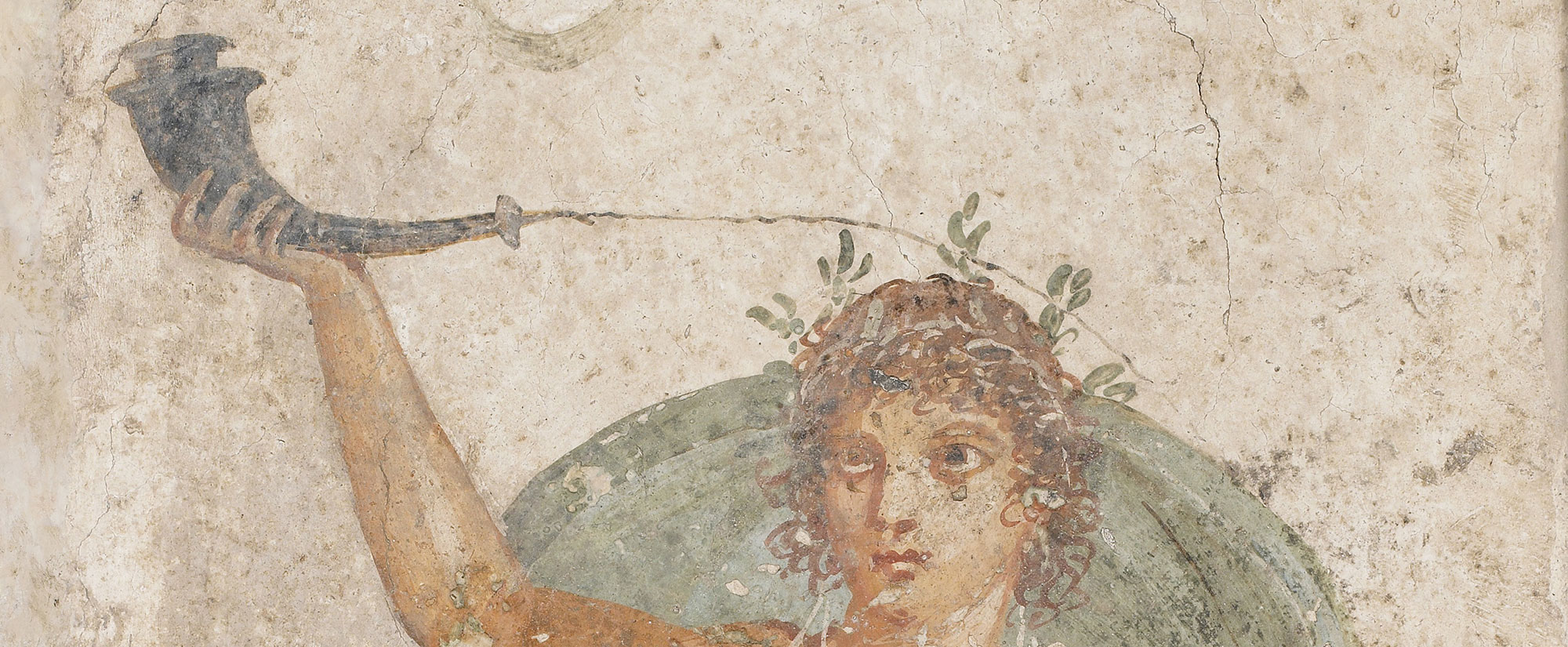MADRID, SPAIN—According to a report in The Guardian, an international team of researchers suggests that Neanderthals and other early hominins may have had the ability to hibernate. Juan-Luis Arsuaga of Complutense University of Madrid and Antonis Bartsiokas of Democritus University of Thrace say that lesions on 400,000-year-old Neanderthal fossils recovered from Atapuerca’s Sima de los Huesos cave resemble those seen on the remains of hibernating mammals. Such lesions are caused by disruptions in bone development brought on by limited food and reduced metabolic states. The remains of a hibernating cave bear have also been recovered from Sima de los Huesos, the researchers explained. Mammals would not have been able to survive on the limited food supply available during the harsh winters in northern Spain at the time. By contrast, modern Inuit and Sami people are able to make it through the winter by consuming fatty fish and reindeer. But critics point out that there may be other explanations for the bone lesions, and that large-bodied mammals—including bears—cannot lower their core temperatures far enough to reach a state of actual technical hibernation. Instead, they enter a state of torpor, which is marked by less deep sleep. In such a state, big-brained hominins like Neanderthals would have continued to require a great deal of energy to survive. For more on the study of early hominin remains found at Sima de los Huesos, go to “Our Tangled Ancestry.”
Could Early Hominins Hibernate?
News December 22, 2020
SHARE:
Recommended Articles
Digs & Discoveries September/October 2021
Neanderthal Hearing
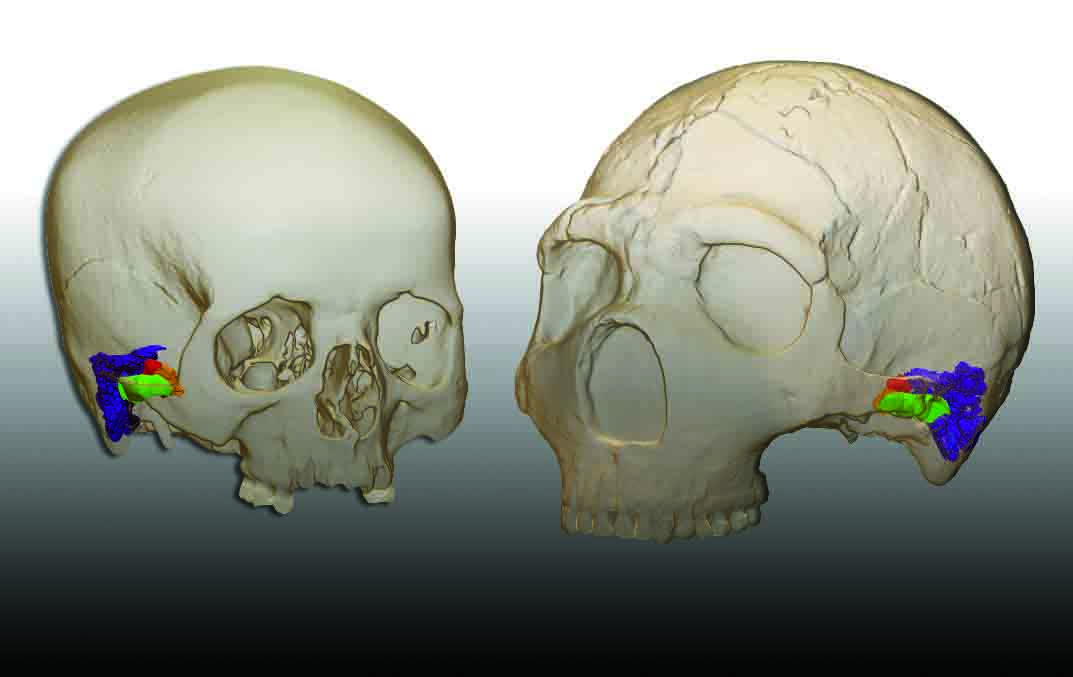
Courtesy Mercedes Conde-Valverde
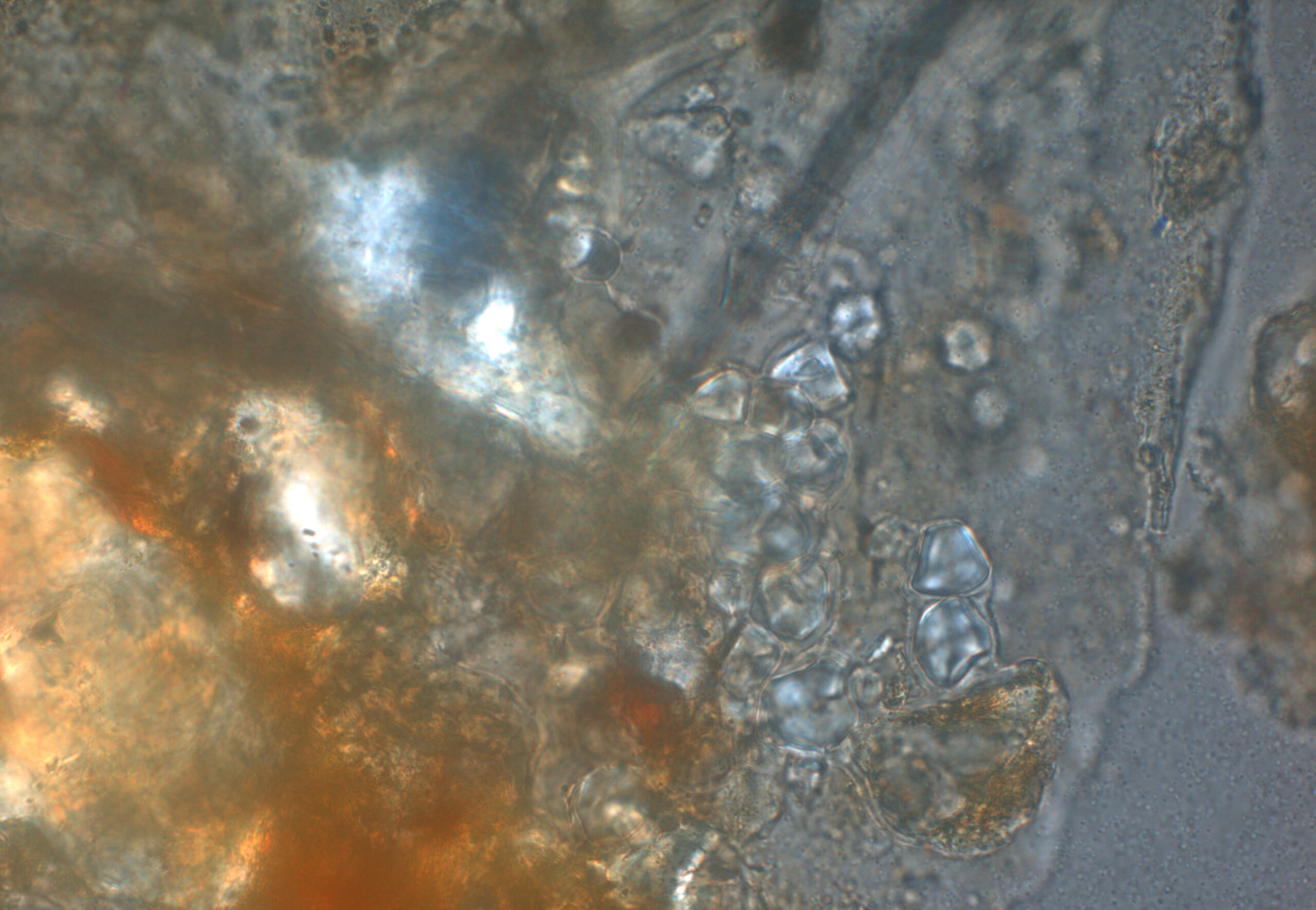
(Courtesy CSIC Comunicación)
Digs & Discoveries September/October 2012
A Portrait of the Artist as a Young Neanderthal?
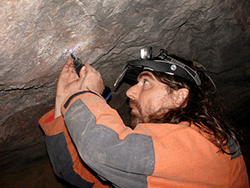
Digs & Discoveries January/February 2026
Full Nesters

LukasChrobak/AdobeStock
-
Features November/December 2020
In the Reign of the Sun Kings
Old Kingdom pharaohs faced a reckoning that reshaped Egypt’s balance of power
 (Kenneth Garrett)
(Kenneth Garrett) -
Letter from Israel November/December 2020
The Price of Purple
Archaeologists have found new evidence of a robust dye industry that endured on the Mediterranean coast for millennia
 (Courtesy Michael Eisenberg)
(Courtesy Michael Eisenberg) -
Artifacts November/December 2020
Illuminated Manuscript
 (National Trust/Mike Hodgson)
(National Trust/Mike Hodgson) -
Digs & Discoveries November/December 2020
Our Coastal Origins
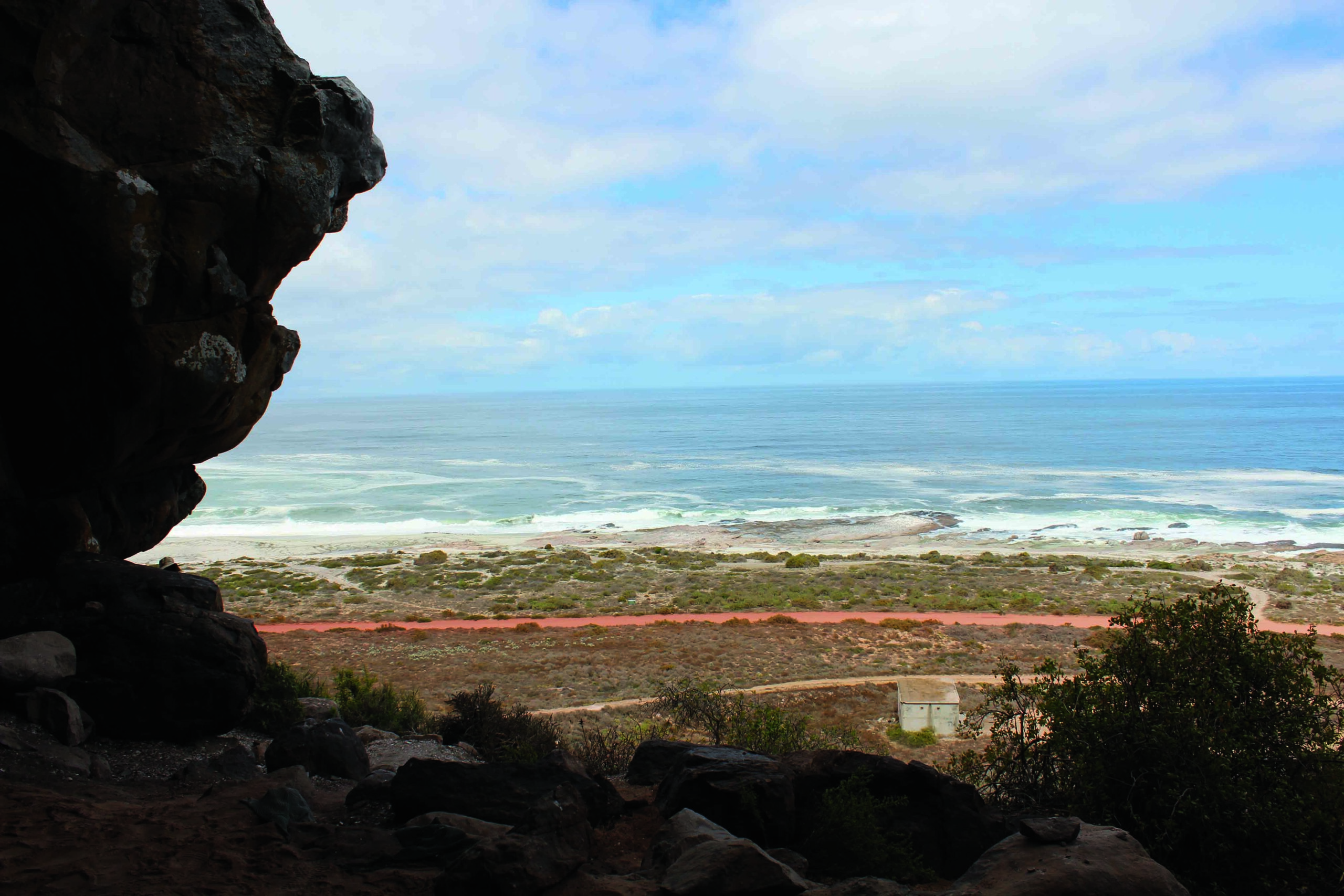 (Courtesy Emma Loftus)
(Courtesy Emma Loftus)


